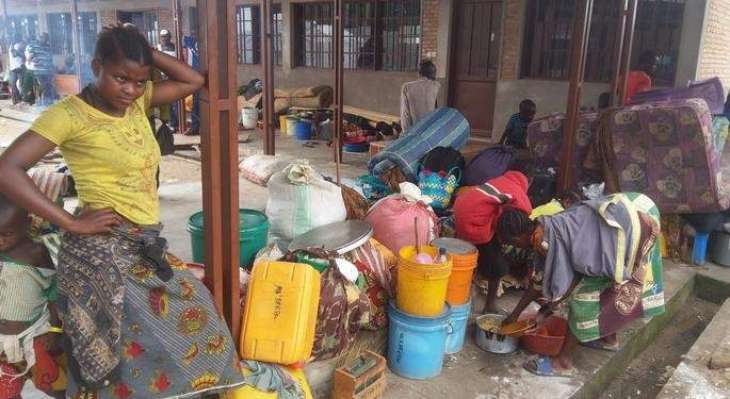The UN Refugee Agency expressed concern on Tuesday over the growing number of migrant returns from Angola to the Democratic Republic of the Congo (DRC), which can further worsen humanitarian situation in the Congolese region of Kasai.
MOSCOW (Pakistan Point News / Sputnik - 16th October, 2018) The UN Refugee Agency expressed concern on Tuesday over the growing number of migrant returns from Angola to the Democratic Republic of the Congo (DRC), which can further worsen humanitarian situation in the Congolese region of Kasai.
Angola currently hosts almost 70,000 refugees and asylum seekers, mainly from DRC. Some 200,000 nationals have arrived in the border Kasai province following expulsions by the Angolan authorities, according to the UN Refugee Agency.
"The Congolese are returning to a desperate situation, looking for safety and aid. With more arriving every day, thousands are reported to be stuck at and near the border, with limited means to travel onwards to their home places. In addition, many are likely to face difficulties due to destruction caused by recent conflict in the area. Ethnic tensions still run high since the Kasai conflict in 2016 and 2017," UNHCR spokesman Babar Baloch said, as quoted in the agency's statement.
The UN agency noted that violent clashes have reportedly occurred in Angola when the authorities were enforcing migrants to leave.
"Mass expulsions are contrary to obligations under the African Charter on Human and Peoples' Rights and we ask both sides to respect the human rights of those affected. Without such cooperation the returns could easily create a humanitarian crisis in the already fragile Kasai region," Baloch underlined.
The clashes between the government forces and militiamen in the Kasai region have intensified in 2016, resulting in the displacement of almost 1.5 million people, while at least 750,000 children in the region are malnourished, according to the UN figures.




